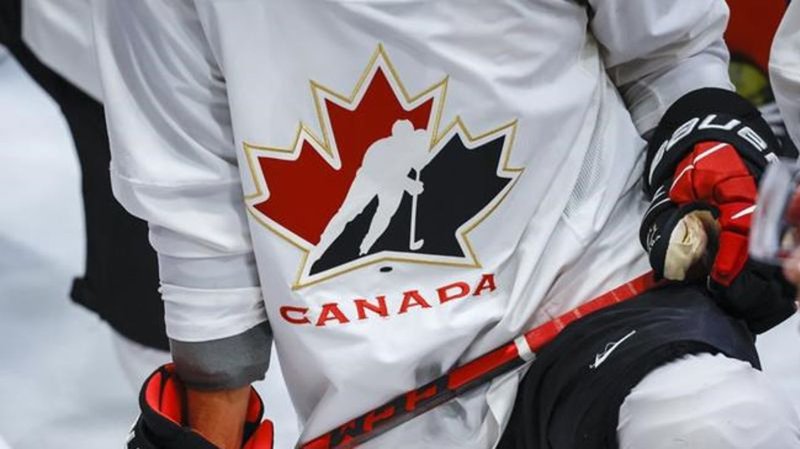
Hockey Canada governance review calls for more oversight, accountability
Hockey Canada finds itself at “a crossroads” that requires reimagined leadership coupled with more oversight and transparency, a third-party governance review has found.
The 221-page document released Friday, released following a review led by former Supreme Court justice Thomas Cromwell, follows an interim report tabled last month, comes at a crucial time for the scandal-plagued national sport organization following a disastrous spring, summer and fall.
Hockey Canada has been under intense pressure since May when it was revealed the federation quietly settled a lawsuit after a woman claimed she was sexually assaulted by eight players, including members of the country’s world junior team, following a 2018 gala in London, Ont.
The federal government and corporate sponsors quickly paused financial support, but the ugly headlines continued with the revelation of a secretive National Equity Fund — partly maintained by registration fees — used to pay for uninsured liabilities, including sexual assault and abuse claims.

